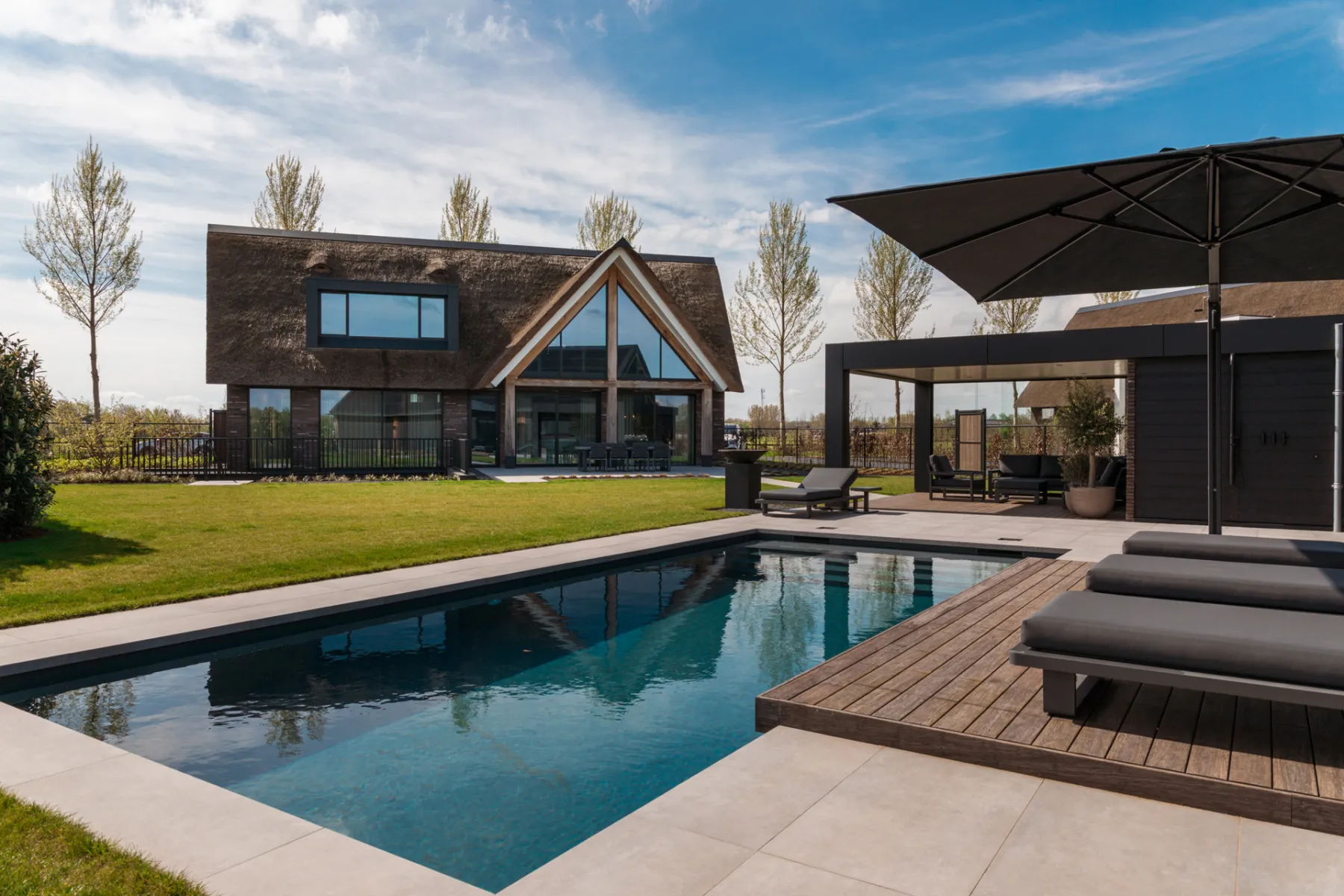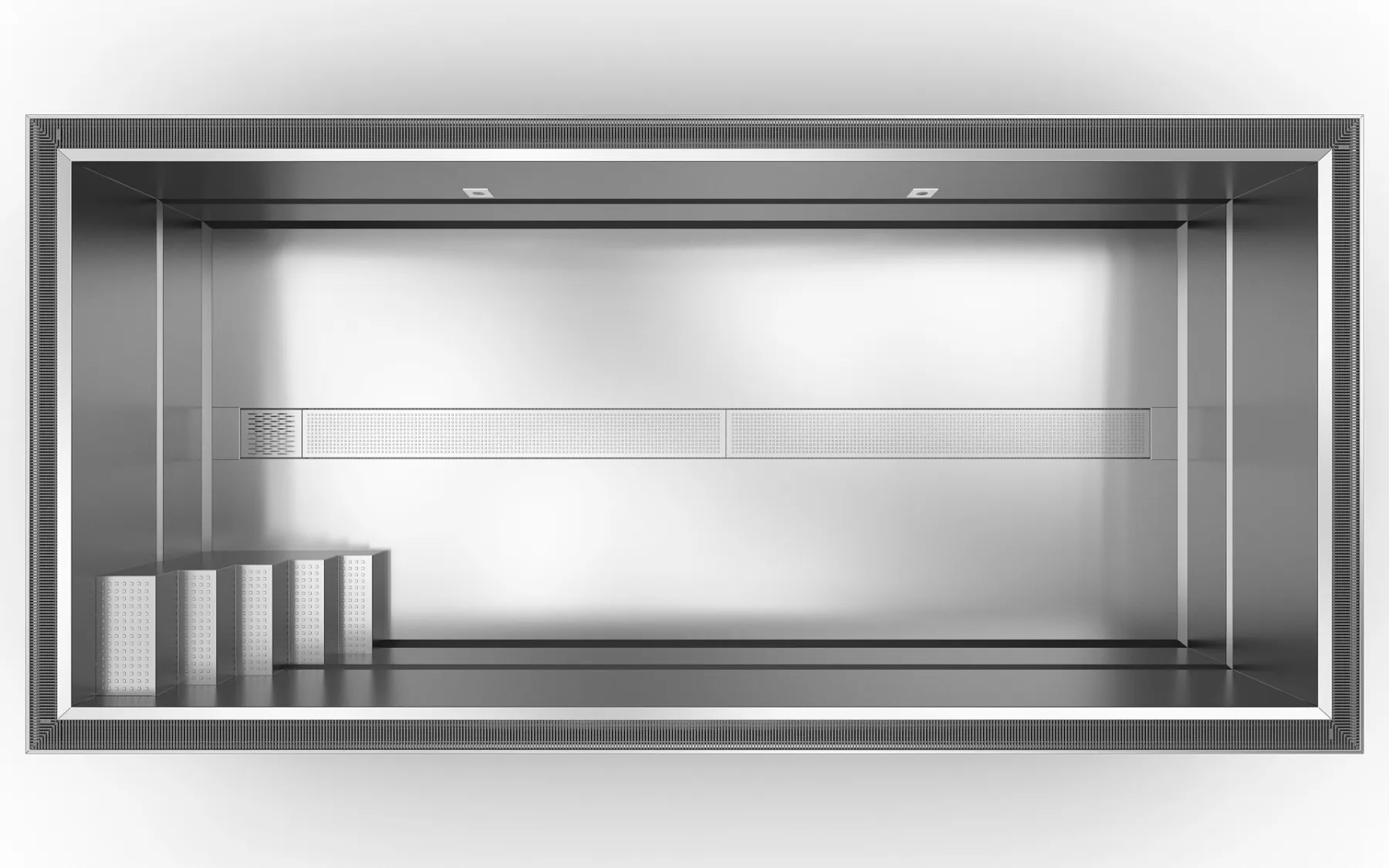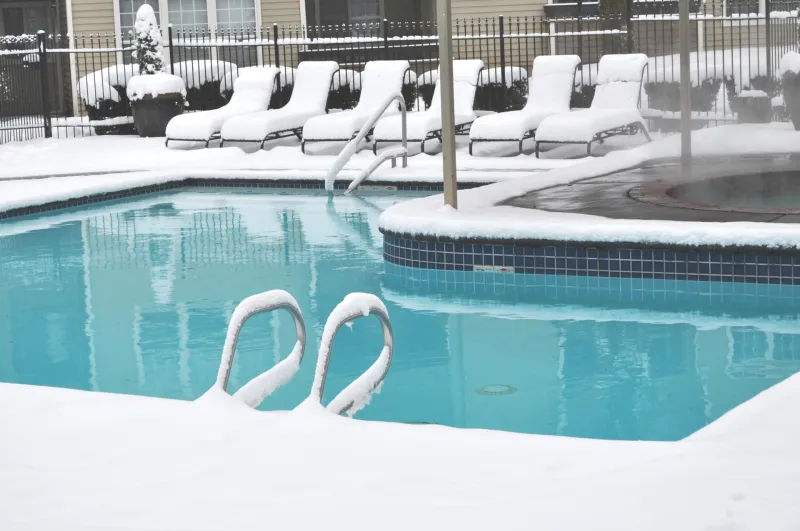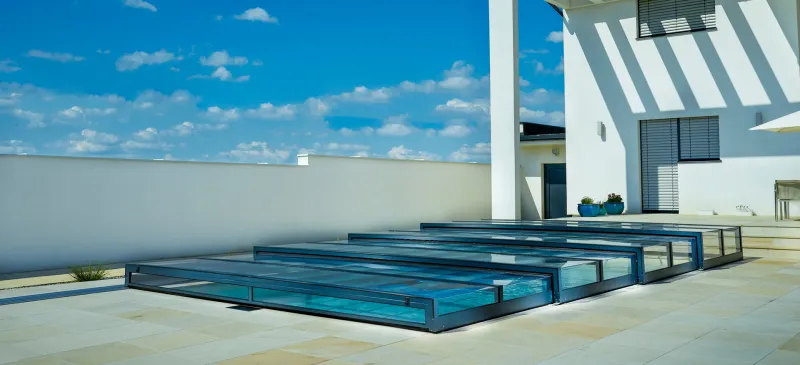

When installing a swimming pool, you can choose between a concrete (custom-built) pool and a prefab (prefabricated) pool. Each option has its own features, advantages, disadvantages, and ideal target group. Below is a breakdown of what each type involves, along with who it suits best.
Concrete (custom-built) pool
A concrete pool is built on-site and fully customised. The pool shell is usually made of concrete or masonry and then finished with a waterproof layer such as tiles, liner (PVC), or polyester. These are mostly projects with a higher budget and luxury expectation. It is best suited for people who want a unique, fully personalised pool, seeking a long-term investment that will last for decades.

Advantages:
Fully custom design: You can determine the shape, size, depth, finish, and extras entirely to your preference.
More durable: Often more robust and long-lasting.
Luxurious appearance: Can be finished with high-end materials like mosaic tiles.
Suitable for complex locations: Easier to adapt to sloped or irregular terrain.
Disadvantages:
Higher cost: More expensive due to materials, labour, and design.
Longer construction time: Can take several weeks or months.
More permits and technical demands: May require more from a regulatory standpoint.
Prefab pool
A prefab pool is a ready-made pool shell produced in a factory and then installed in one piece on-site. Common materials include polyester, vinyl ester, composite, or stainless steel. It is ideal for smaller gardens or projects with limited budget. Often also supplied as plunge pools. Prefab pools are an ideal solution for people who are looking for a fast and budget-friendly pool installation and are satisfied with standard shapes and sizes.

Advantages:
Quick installation: Often ready within a few days.
More affordable: Generally cheaper than a concrete pool.
Smooth finish: Modern manufacturing ensures a sleek surface.
Proven watertightness: Factory-made shells reduce the risk of leaks.
Disadvantages:
Limited in shape and size: You're restricted to standard models.
Transport limitations: Large shells can be hard to deliver to remote or hard-to-access sites.
Even though they last a very long time, prefab pools are less durable than concrete ones. Polyester pools are more likely to need maintenance or replacement after many years.
Summarising...
So the choice of pool type depends on a number of factors and is a personal one. Norsup prefab pools are made from first class materials, designed to last a very long time. Read more about our prefab pools here. A Norsup dealer can tell you all about the different building methods and advise you on what best fits your needs. Click here to find a Norsup dealer near you.
Also interesting...

Winterise your pool
Winterise your pool
When you don't use your swimming pool in winter, there are a few measures you can take to winterise...

Water treatment
Water treatment
Regular water treatment is essential to kill bacteria, stop algae, and keep your water pleasant to s...

Pool covers
Pool covers
The use of a pool cover is an essential to achieve the highest level of pool comfort, but it also sa...
